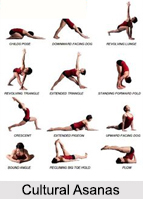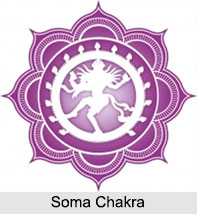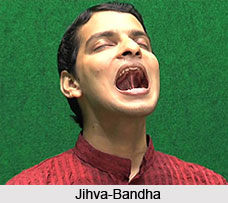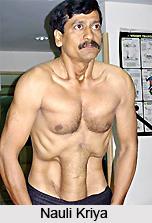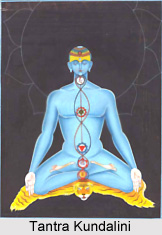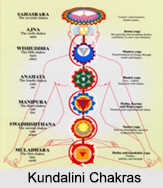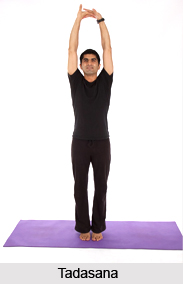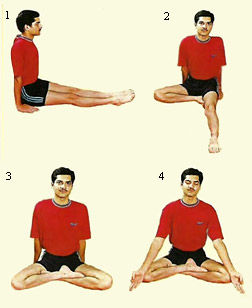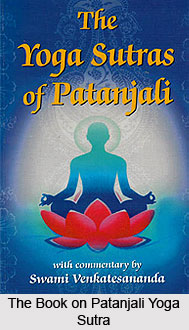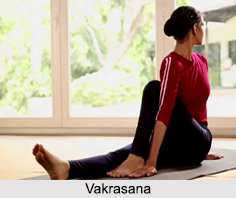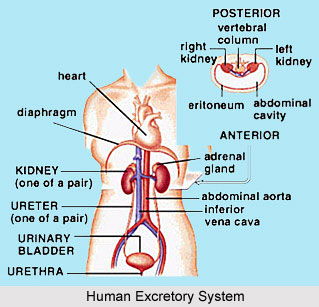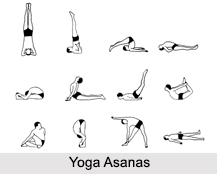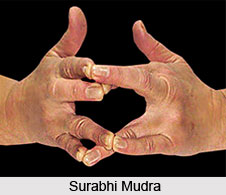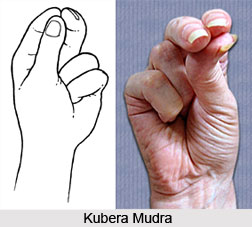 The saucat svahgajugupsa paraih asamsargah sutra states about the cleanliness about the mind and body. He further develops a disinterest in sensous delights and is generally refrained from bodily connections. He though still tries to keep his body sanitised. He esteems the body like a temple. Through such a cleansing process, the body is filled with an ample flow blood, by asanas and pranayama.
The saucat svahgajugupsa paraih asamsargah sutra states about the cleanliness about the mind and body. He further develops a disinterest in sensous delights and is generally refrained from bodily connections. He though still tries to keep his body sanitised. He esteems the body like a temple. Through such a cleansing process, the body is filled with an ample flow blood, by asanas and pranayama.
saucat by cleanliness, by purity
sva self
anga limbs, body
jugupsa censure, dislike, aversion, being on one`s guard,
abhorrence, disgust
paraih with others
asamsargah non-contact, non-intercourse
Cleanliness of body and mind develops disinterest in contact with others for self-gratification.
Purity and cleanliness protects the body and makes it an appropriate home for the seer. Consequently it no longer inclines towards sensual pleasures and tends to refrain from contact with other bodies.
Although he recognises that the body is perishable, the sadhaka does not regard it with disgust or distaste, but keeps it clean and pure out of respect for the dweller, purusa, within. To that extent, he respects the body as a temple.
As a temple or a church is polished clean every day, the inner body, the temple of the soul, should be bathed with a plenteous supply of blood through asanas and pranayama. They cleanse the body physically, physiologically and intellectually. The body, having its own intelligence, develops its potentiality to change its behavioural patterns. It helps the sadhaka to disengage himself from sensual wants, and guides him towards the holder of the body, the soul. Thus, iauca makes the body an appropriate instrument for the pursuit of spiritual knowledge.

